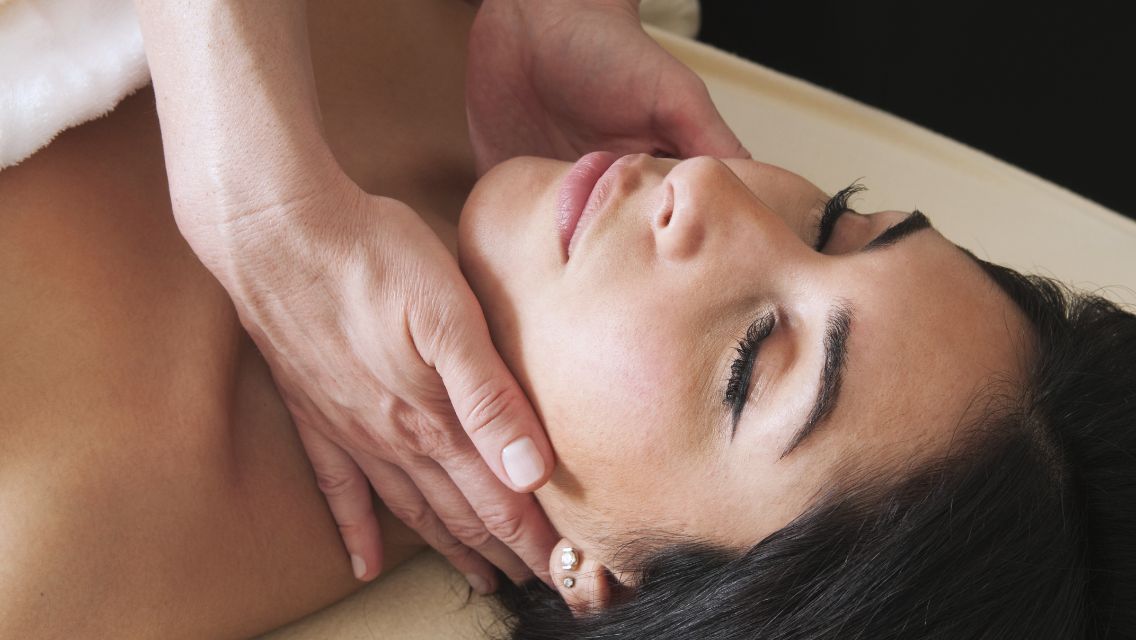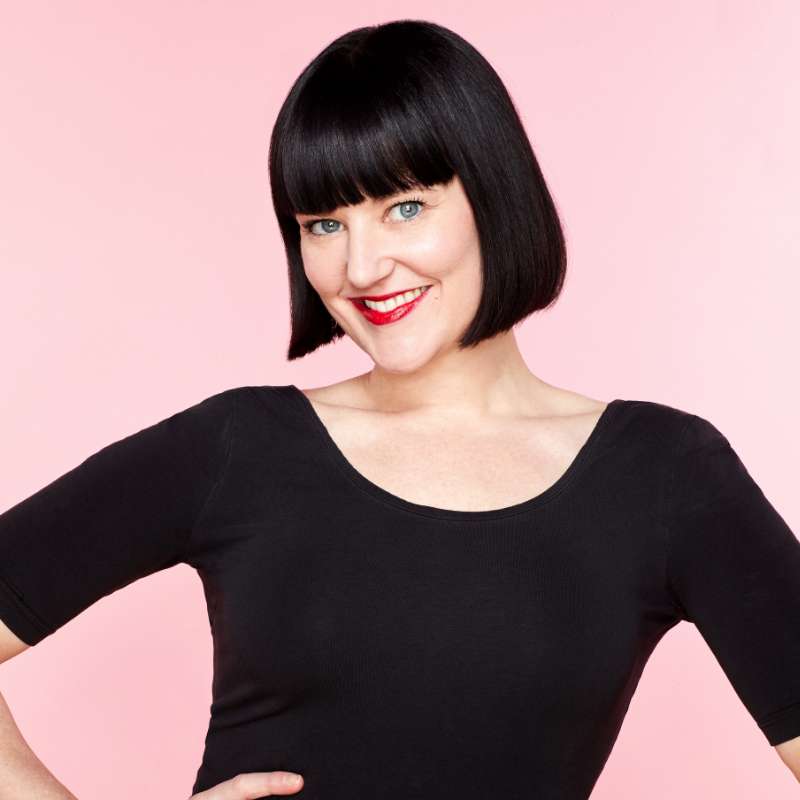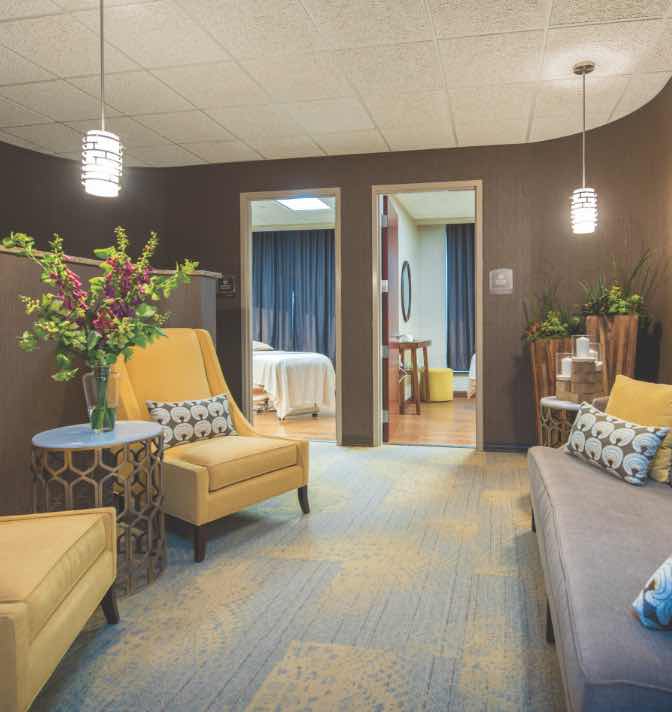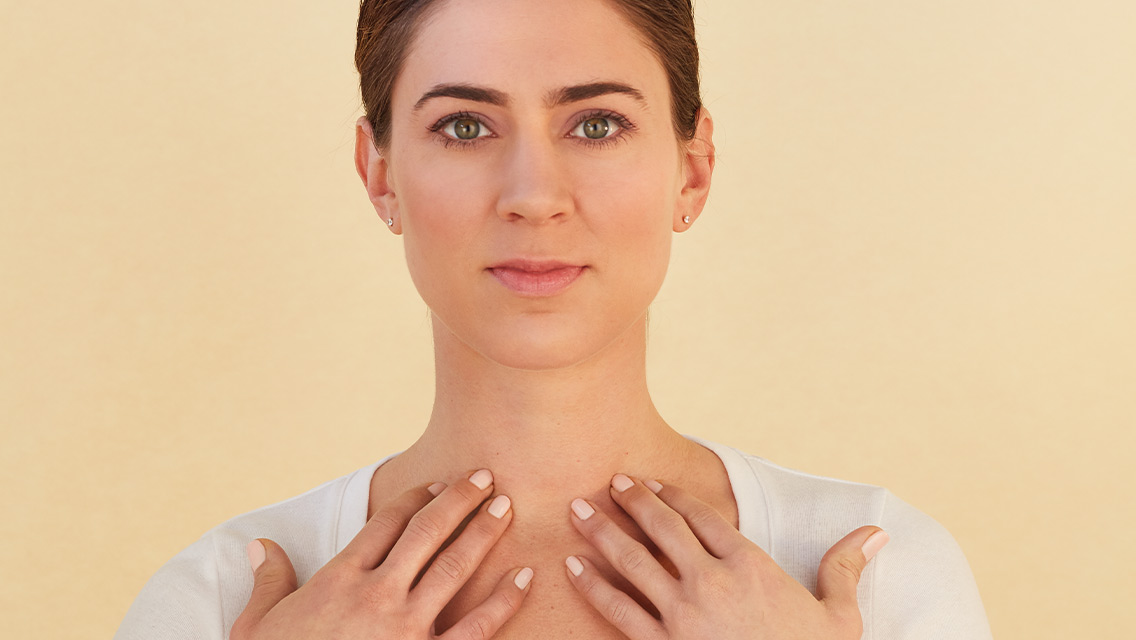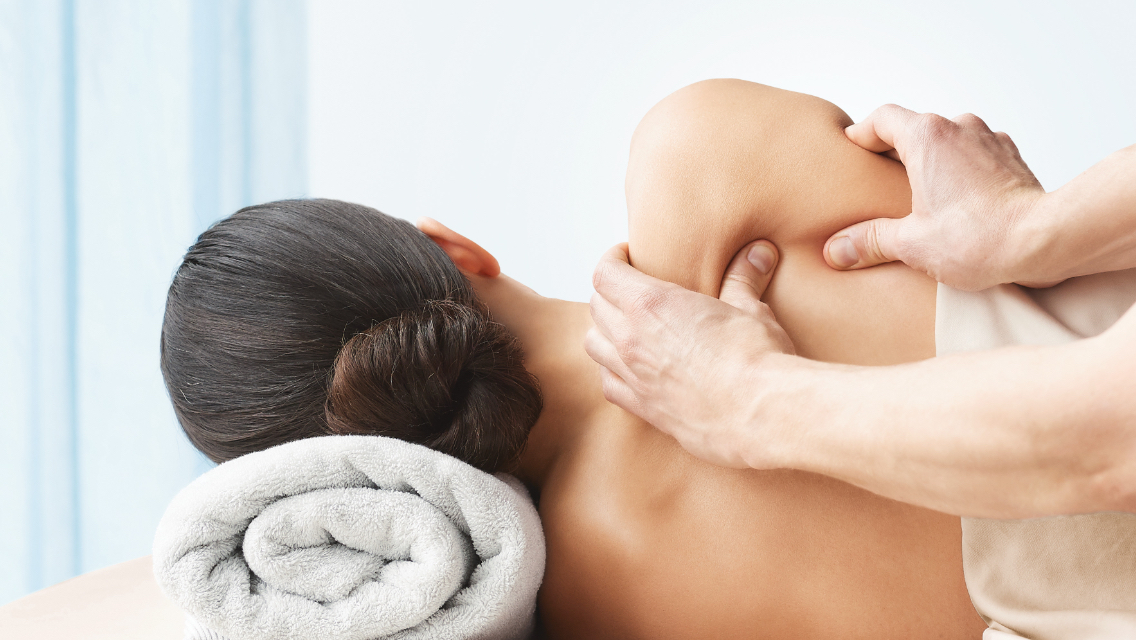Have you ever looked in the mirror and seen puffiness around your eyes or throughout your face? Or perhaps you’ve noticed that parts of your body, such as your ankles, appear swollen? Or maybe you’ve been feeling unusually sluggish and tired? These can all be signs that you may benefit from a lymphatic-drainage massage.
Lymphatic drainage aides our body’s lymphatic system, which moves lymph fluid and filters against toxins and other debris.
“Our lymphatic system has three main roles,” says Maureen Fitzgerald, a massage therapist at LifeSpa in Vernon Hills, Ill., who specializes in manual lymphatic drainage. “The first is to maintain and distribute lymphocytes, which are white blood cells that fight infection. The second is to return fluid and solutes from peripheral tissues to the blood. Lastly, it distributes hormones, nutrients, and waste products from their tissue of origin to circulation. Hormones and nutrients go to the next tissue that needs them and waste products exit the body. Hormones and nutrients may also exit the body if they’re not needed at another destination.”
When all three roles are in check and the body’s lymph fluids are properly flowing, we tend to feel good, have more energy, and have tauter skin. There are times when this is not the case though, and our system needs support.
“While lymphocytes naturally flow via our lymphatic system, they can sometimes become stagnant. This can lead to edema, which is a swelling caused by fluids trapped in body tissues,” Fitzgerald explains.
Lymphatic-drainage massage can get things moving again. The practice is typically performed by a licensed skin or body professional, who manipulates the skin to encourage the flow of lymphocytes in the body (there are also DIY methods you can do on yourself; more on that later). “The drainage is directed toward the lymph nodes that then flow to an area where they can eventually exit the body,” Fitzgerald says.
Note: This technique isn’t for everybody. If you have a heart condition, blot clots, kidney failure, or abdominal conditions, you should not engage in this type of massage. If you have an active fever, serious circulatory or cardiac issues, or any malignant ailments, check with your healthcare provider before proceeding.
Learn more about this massage modality and how you can enjoy the benefits of this wellness practice.
Facial Lymphatic-Drainage Massage
Healthy fluid circulation throughout the body is important for your internal and external health. When lymphatic drainage is focused on the face, for instance, it can benefit your skin’s appearance.
Sophie Hertz, an esthetician at LifeSpa in Colorado Springs, Colo., often adds lymphatic-drainage massage into her clients’ facial treatments to help remove bacteria and detoxify the skin.
“Lymphatic drainage helps reduce puffiness and relieve sinus pressure and congestion which can reduce fine lines and wrinkles,” she explains. “As you decrease the swelling and get fluids circulating, the outcome is often a more sculpted appearance with a defined jawline and cheekbones. These results won’t necessarily be permanent, but regular lymphatic-drainage sessions can help keep puffiness at bay.”
Hertz introduces this technique into her sessions in various ways. “Gua sha is a common method I use to depuff and drain lymphatic fluid in the face and neck area. I use a curved gua sha stone tool that allows me to apply pressure as I gently glide it across the face to help move the fluid toward the lymph nodes. Other techniques include a specialized massage that I perform with my fingers and apply a delicate suction that guides the fluid to drain in a Hydrafacial.”
Body Lymphatic-Drainage Massage
To address edema in the body, Fitzgerald employs manual lymphatic drainage, a specialized full-body massage technique that requires extra training and certification. The method is performed with a light and slow touch that follows the lymphatic pathway from head to toe.
“Lymphatic drainage is my favorite type of massage because I can see visible results in my clients,” Fitzgerald says. “I am so fascinated by how, after one session, I can often see a difference in the client through using the lightest, softest touch that I provide.” A good example of how a person may notice that lymphatic-drainage massage is working is in the separation and definition of their calves from their ankles.
Along with the appearance benefits, lymphatic-drainage massage also helps to reduce stress and promote relaxation, similar to the effects of a traditional massage.
Manual lymphatic drainage can also be helpful for those who have undergone certain elective and nonelective surgical procedures and are experiencing edema post-operation. However, Fitzgerald stresses that a doctor should always be consulted first.
DIY Lymphatic-Drainage Massage
Seeing a professional for lymphatic drainage can produce some of the best and most immediate results. If that’s not accessible to you, there are steps you can take at home to help keep your fluids circulating.
Hertz encourages her clients to invest in a gua sha stone (she likes the Yina Bian Stone) and incorporate this ritual into their regular at-home wellness and beauty routines. “Practicing gua sha can be done as often as once a day. This can help depuff your face and, in the long run, help tone and smooth the fascia.”
(Learn how: “How to Gua Sha Your Face and Neck”)
You can also simply use your fingers and apply some light-pressure movements for an at-home facial lymphatic massage that can help keep fluids circulating and clear head congestion and sinus pressure.
(Learn how: “DIY Facial Lymphatic Massage”)
When it comes to support for the full body, Fitzgerald says the most significant actions you can take at home are ones that work to prevent edema in the first place, including drinking water regularly and going for walks, even if just in 10-minute intervals.
“Water and activity will always help to keep your fluids moving,” Fitzgerald says. “It’s also important to listen to your body. When you feel thirsty, think of it as your lymphatic system reminding you to walk around and drink some water to promote the movement of fluids.”
